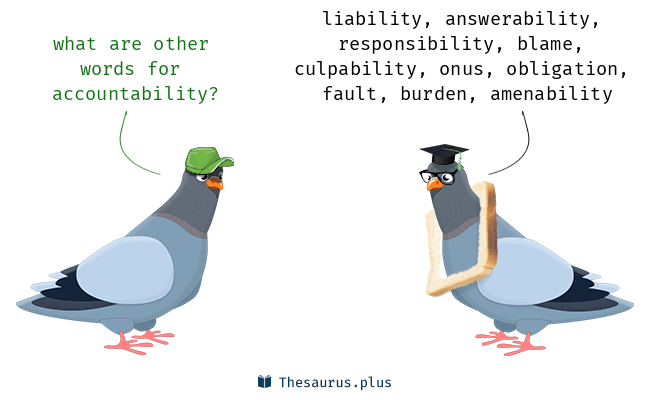
We all know that accountability in the workplace is one of the driving characteristics of high-performing teams and offices. If accountability isn’t part of your company’s culture, you will struggle with employee performance and engagement. Plus, if employees can always escape accountability by making excuses, you will have a stagnant culture and workforce.
Accountability isn’t a new concept; however, it is often misconstrued. It is not forcing your employees to work harder, or it isn’t writing performance improvement plans, or write ups, and it isn’t about yelling at your staff for everything they do wrong. It is about trust. It is about holding people responsible for their job duties, and it is about working together.
To begin, a leader needs to define what accountability looks like for their offices and teams. I think accountability is being answerable and taking responsibility for your actions and your decisions as well as delivering on your commitments.
Here are 4 ways to encourage accountability in your teams:
- Accountability begins at the top. Everyone must be held to the same standards. With rank does NOT come privilege. One of the corporations I worked at the leaders had different rules. They could do what they wanted when they wanted regardless of the business hours. They could yell at employees and be unprofessional. They could wear things that weren’t allowable to the rest of us. You know what this did? Made us resent the leadership team in addition to not trusting anything they said or did. If you, as the leader, want people to be on time for meetings – you need to be on time. If you want them to behave in a certain way – you need to as well. Leaders set the example. Set a good one.
- Create daily accountability goals and standards. Remember when you got a gold star for doing daily things like brushing your teeth? Do you write things on a list just so you can cross it off? That is, you holding yourself accountable. Pass it forward. Production goals can be set, and behavior goals can be modeled. Remember to say thank you and give kudos to your staff when they do what you ask them to do. Yes, it does feel in the beginning as though you are saying thank you for them doing their job. Instead think of it as rewarding the behavior you want to continue to see.
- Be outcome and solution focused. One of my favorite lines to use as a leader is “I don’t care who is to blame, how are we going to fix it?” Stop the blame game in its tracks by not allowing it to continue. In the end does it really matter who’s fault it is if the client is the one getting the short end of the stick? Find solutions, don’t create martyrs.
- Are your expectations clear and concise? Do they make sense to everyone? Does your staff know what is expected of them. Make sure you repeat your expectations often, even if you think they know it. And if something changes don’t expect them to just know that. Tell them! Encourage them to know what they should be doing and how they should meet the end expected outcome.
The bottom line is in order to hold your employees, or your peers accountable, you need model the accountability yourself.
If your office is struggling with accountability, look to yourself and your leadership team first. Then give me a call and let’s find a solution.
